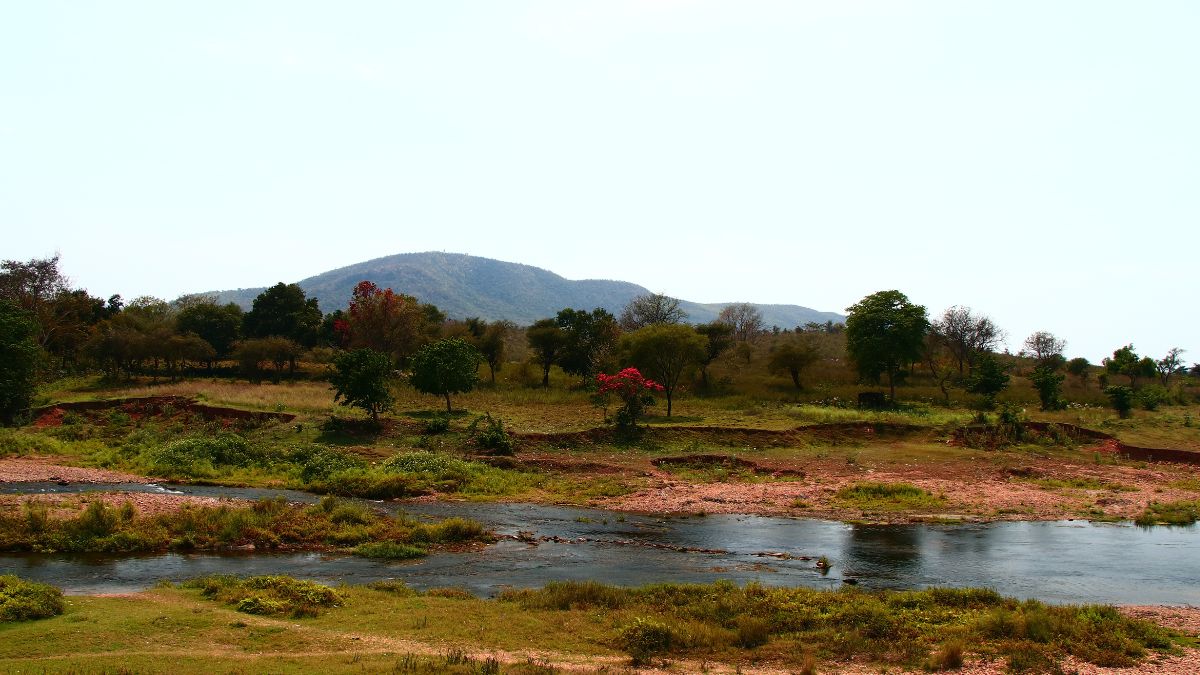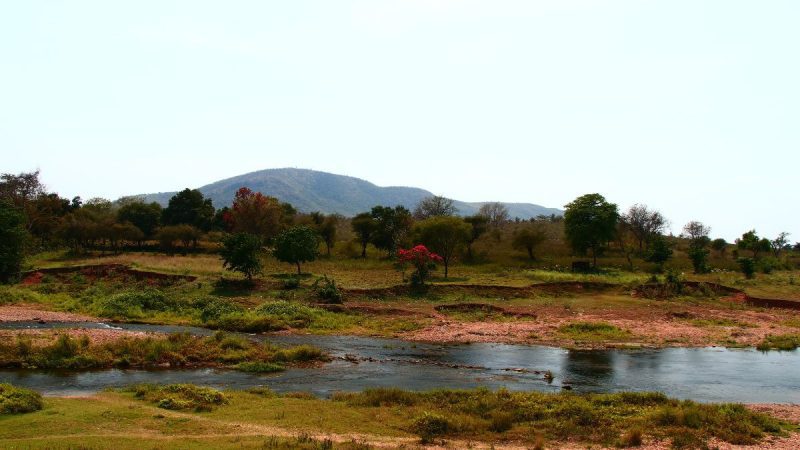Our planet Earth, estimated to be around 4.5 billion years old, has undergone profound transformations throughout its history. In its earliest years, Earth was a dynamic and tumultuous world dominated by vast oceans and frequent volcanic eruptions. The Singhbhum Craton, located in Jharkhand, eastern India, stands as a monumental record of Earth’s ancient history.
Ancient Origins & Geological Significance
The #Singhbhum region in#Jharkhand might have been the
world's #first ever #beach, says#study#Analysis indicates the region might have risen
above the #seas around 3.3 to 3.2 #billion #years#ago, making it one of the #oldest #beaches on#Earth. pic.twitter.com/RQr1bGLAuv— aayu_parmarofficial712 (@Ayushsinghparm1) November 21, 2021
According to a recent study by the National Academy of Sciences of America, the world’s oldest beach is located in Jharkhand’s Singhbhum region and dates back about 3.2 billion years. By examining zircon particles from rocks that are 3.1 billion years old near Singhbhum, the study team was able to uncover evidence of past rivers and seas. These results imply that Jharkhand was home to continents considerably earlier than 2.5 billion years ago previously thought to be the case. Around 3.2 billion years ago, the stable old portion of the Earth’s crust known as the Singhbhum Craton is thought to have emerged from the sea.
With this discovery, Singhbhum is now positioned as a key location for comprehending the early geological history of Earth. The ancient beach, which is roughly 300 kilometres from Puri Beach in Odisha today, provides fresh perspectives on the planet’s early environment. The scientists discovered that this crucial point in the history of life on Earth—the creation of continents—occurred in cratons, in South Africa, Australia, and India.
Also Read: Jharkhand Truck Driver Who Became A YouTuber Now Earns ₹10 Lakh A Month From Cooking Videos
Singhbhum: World’s First Beach Destination?
Saranda forest is a dense forest in the hilly region of West Singhbhum district in the Indian state of Jharkhand. pic.twitter.com/FRPHfJglRa
— We Are Ranchi 🇮🇳 (@WeAreRanchi) June 5, 2018
This implies that at least 3 billion years ago, a continental landmass first appeared in what is now India. Even more intriguing is the possibility that Jharkhand is one of the earliest proto-continents and is home to some of the oldest beaches on Earth, Singhbhum sandstones.
The rocks in Jharkhand were over 3.1 billion years old and belonged to ancient beaches or river banks after separating and testing the zircon grains of the rocks. The only way these kinds of chemical compositions could have arisen was if the ground had cracked over the ocean and created a beach. The researchers concluded that this area of modern-day Singhbhum was above sea level during that time.
Currently landlocked, Singhbhum is at least 300 kilometres away from the closest Odisha beach. However, it used to be the most popular beach destination in the world.
Cover image credits: Wikimedia Commons
First Published: September 02, 2024 3:42 PM




